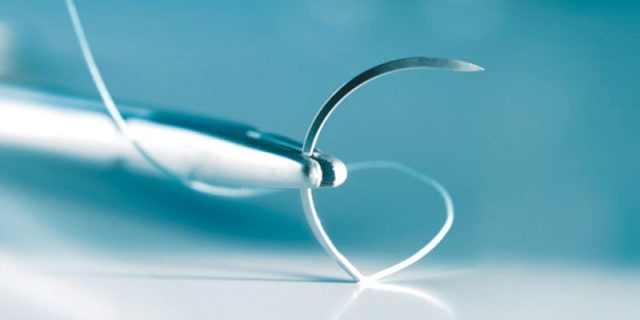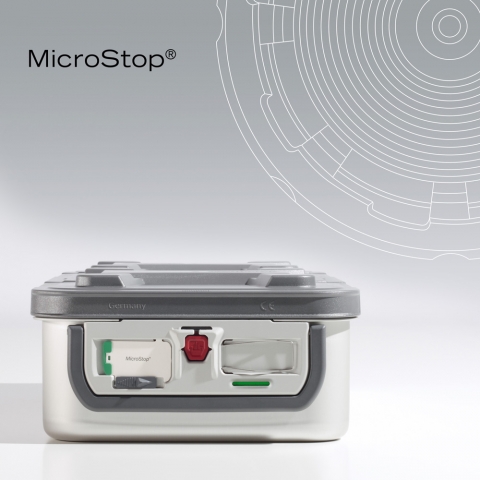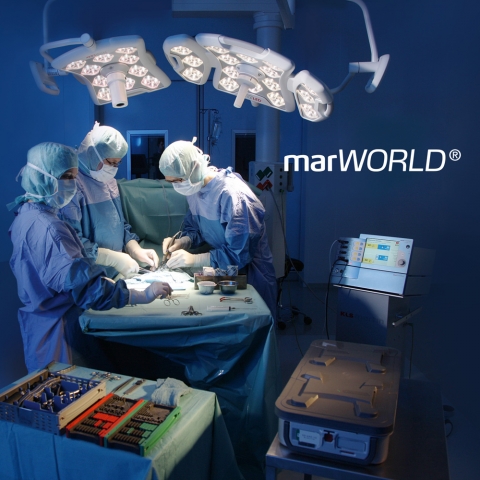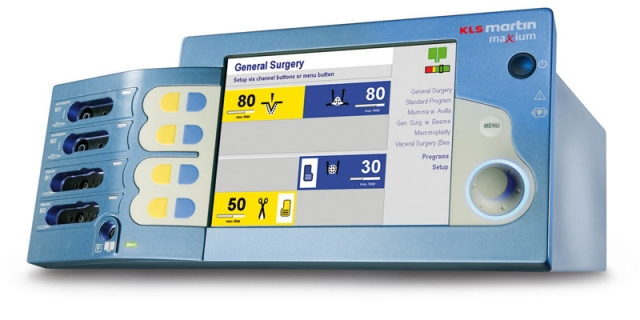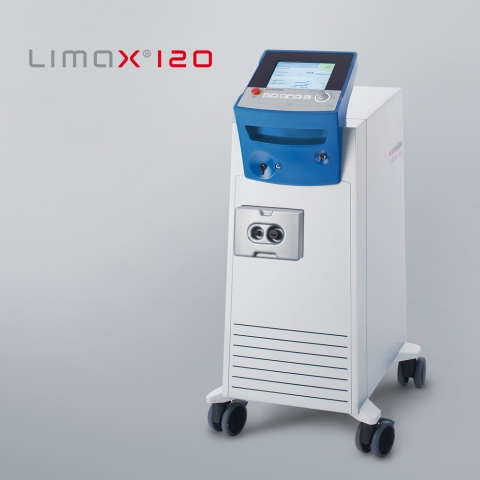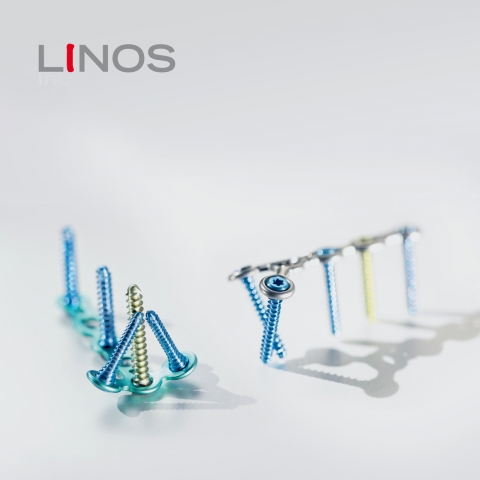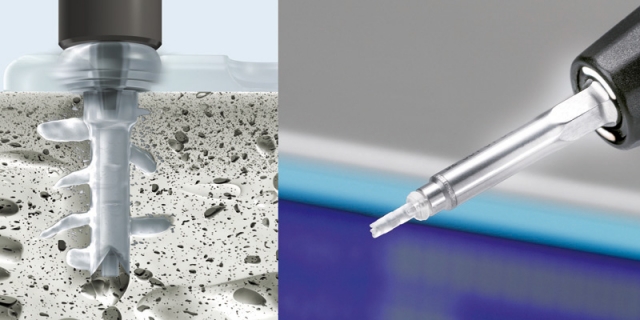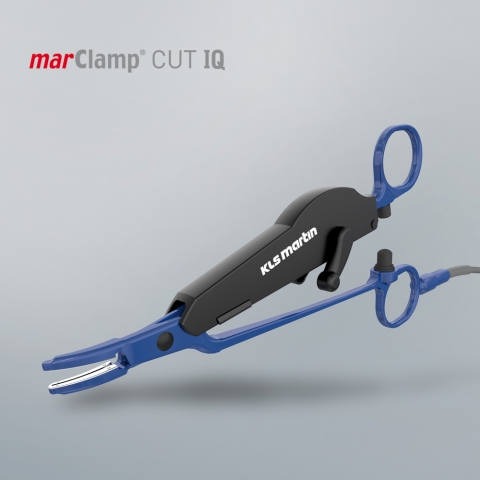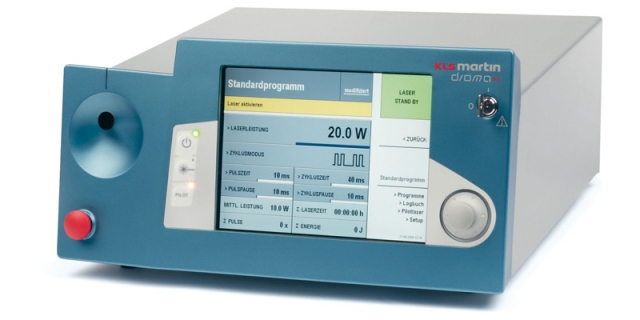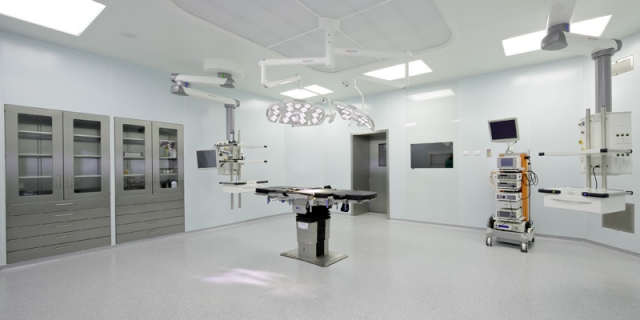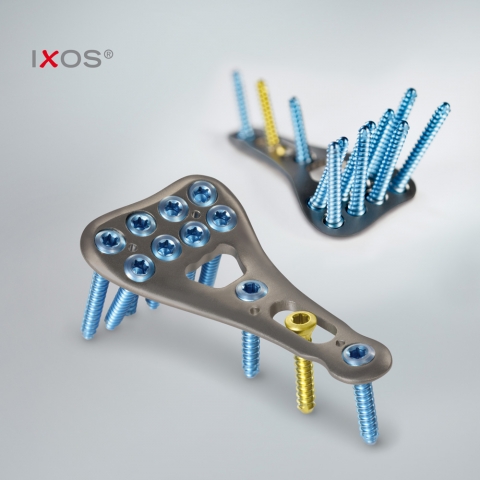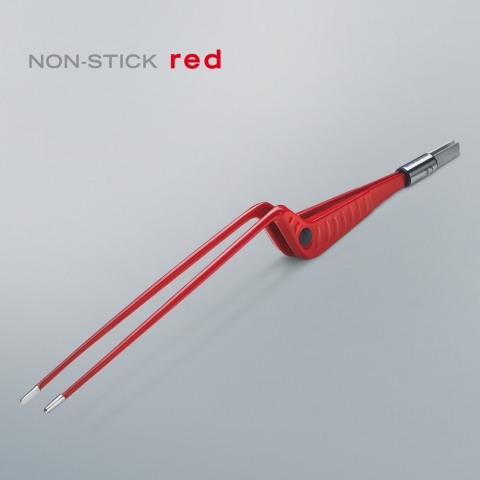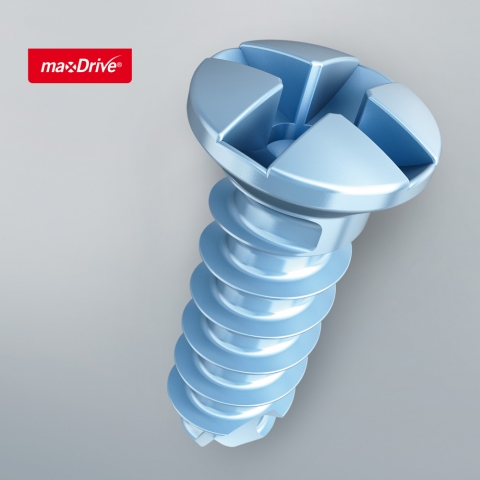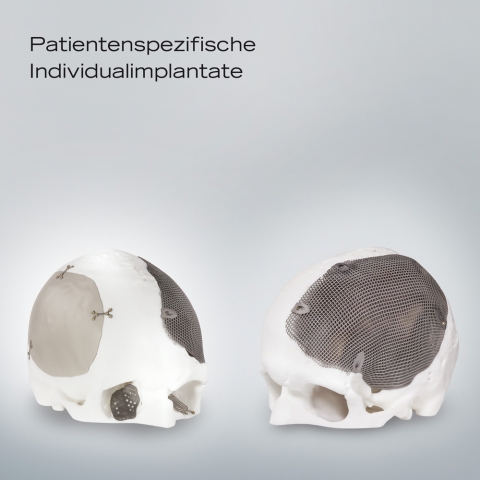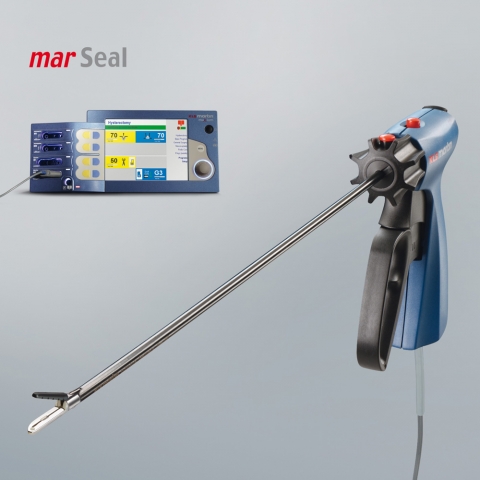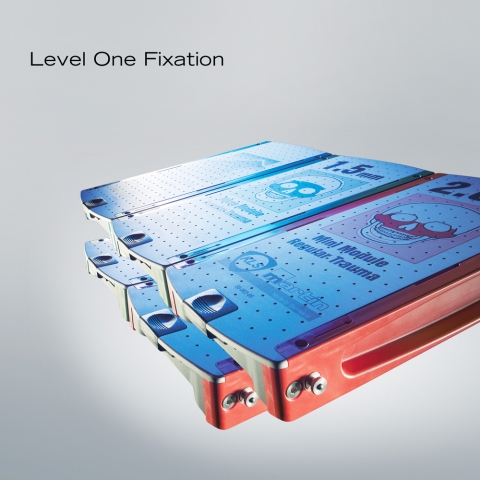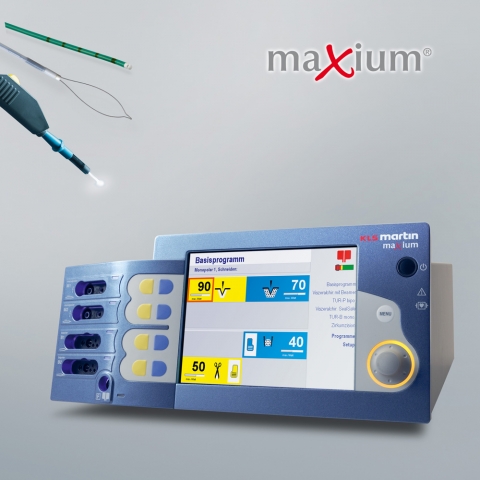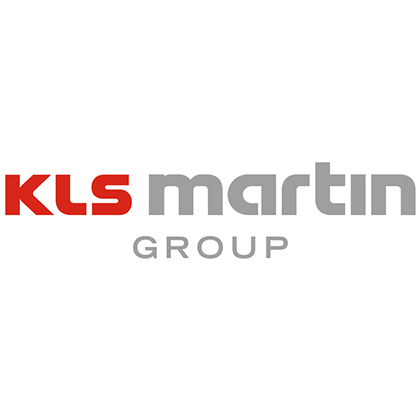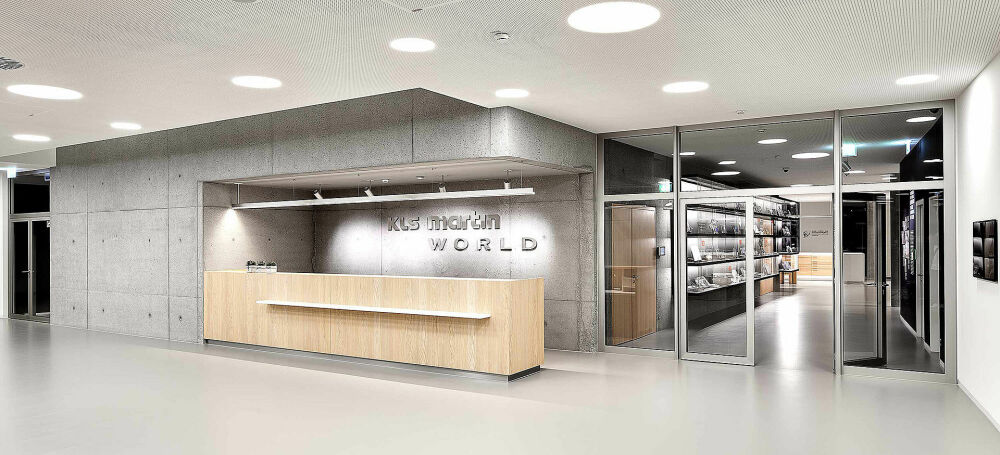
| Thu, Mar 25, 2021 8:30 AM - 10:00 AM CET |
Show in My Time Zone
In this webinar of the RUMED Academy we are delighted to welcome Dr. Matthias Tschoerner Head of Applications Department Research and Development Chemische Fabrik Dr. Weigert GmbH & Co. KG Germany Abstract: During the reprocessing of medical devices, in particular on surgical instruments, unwanted surface alterations and discolorations may occur. Some surface alterations and discolorations arise from waterborne minerals during the cleaning and disinfecting process when traces of these are able to dry on the surface. Also known from steam sterilization, surface alterations and discolorations may occur when the water used for feeding the steam generator has a too high content of waterborne minerals. The resulting discolorations may be found to be uniform golden or rainbow-colored, single spotted brownish or elsewise often show a typical condensation-spot-like appearance, which is known as a "leopard skin". Such surface alterations are not tolerable, since, according to general accepted recommendations, no visible soiling, deposits or other residues have be recognized on the medical device after cleaning e.g., furthermore, residues may have an adverse effect on the sterilization success e.g. The understanding of these alterations helps to find possible causes during reprocessing and define measures to avoid them by appropriate water quality. A short excurse will be made to the subject of rouging of stainless steel, it nature, detection, and preventive and corrective measures. Literature [1] ANSI/AAMI ST79:2017, Comprehensive guide to steam sterilization and sterility assurance in health care facilities. [2] Workgroup Instrument Reprocessing: Instrument Reprocessing - Reprocessing of Instruments to Retain Value. (Red Booklet, 11th edition), Mörfelden-Walldorf, www.a-k-i.org (2017) [3] AAMI TIR34:2014/(R)2017 – Technical Information Report - Water for the reprocessing of medical devices Language: English Participation is free of charge Maximum 500 participants
KONTAKT:
TuttlingenOnline


